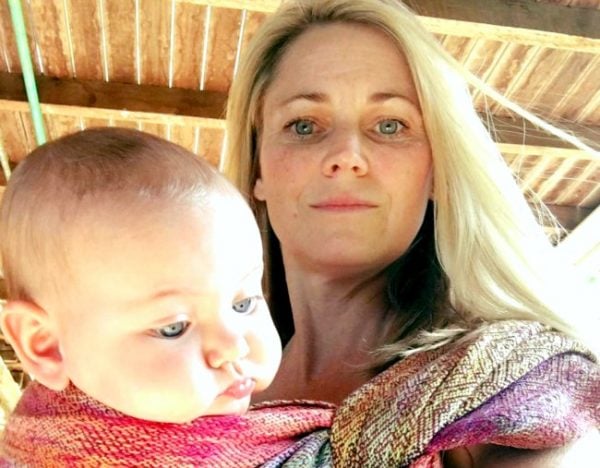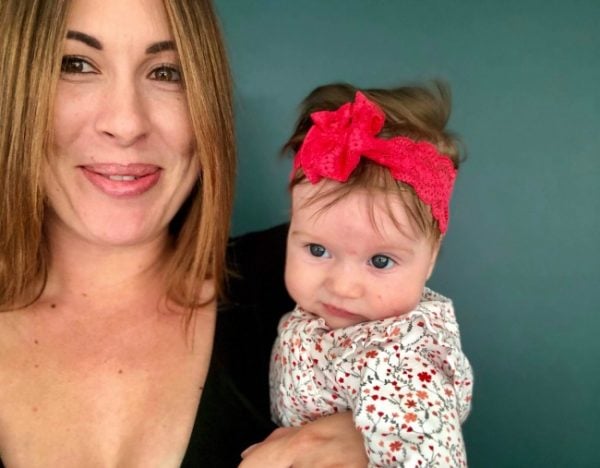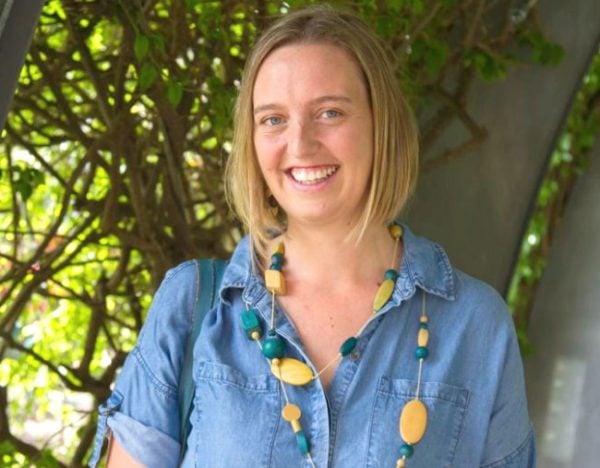Essential oils seem to be the new Tupperware.
Everyone is selling them and everyone is using them. They almost have a cult-like standing among users and are being promoted to treat every manner of medical problem, including autism.
I recently found myself at an essential oil “class”. It was a Sunday afternoon, I had just had a huge argument with my husband and was suffering from the worst PMS.
My husband said I needed to do something to fix my terrible mood swings. And then ironically, I found myself at a “class” smelling all these wonderful oils and being told how much they would help me.




Top Comments
I haven’t been pushed into any schemes with oils, but I have bought some and to be honest, I do think they help.
Lavender helps me to sleep, helps my kids to relax.
I love clary sage for when it’s period time, and I can absolutely feel the benefits of lemon, melaleuca and frankincense oils being used in a diffuser.
I think it’s the user who is in need of the education.
You don’t ingest the oils on their own. I have never cooked with oils or anything like that as it’s common knowledge that you just DONT.
I also know that they are potent and can burn so the right ratio of carrier oil is a must.
Essential oils aren’t a cure for anything. I don’t believe, but they do have a place helping alleviate symptoms of pain.
Otherwise, why would the ancient generations have used them?
Be very careful using the term ‘common knowledge’. Others may be sold these products without any information about how to safely and correctly use. They are not idiots - they are misinformed or uninformed. Your base understanding is not automatically everyone else’s.
I had peppermint foods and cordial for morning sickness (all day sickness) as well as ginger, and had no trouble whatever with my milk.